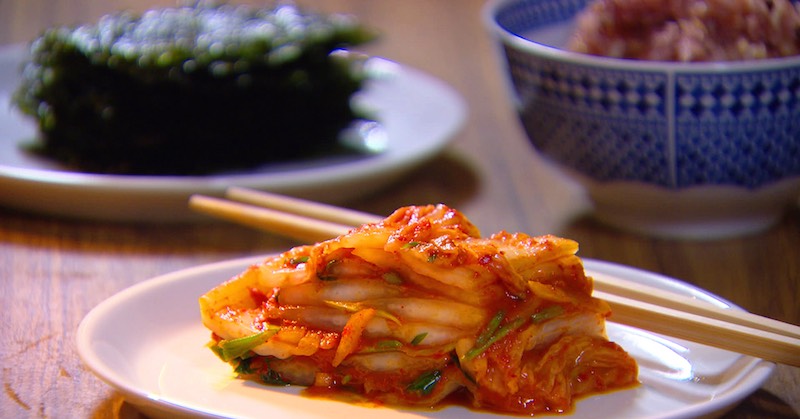Remedy Food Allergies By Upping Your Intake Of These Foods
Last updated on
If you suffer from allergies, eating cultured foods and probiotics could help prevent allergic reactions. Cultured and fermented foods are rich probiotics, and are more powerful than any probiotic medications.
These foods help heal your gut, strengthen your immune system, improve digestion and prevent the cold and the flu. Along with these benefits, eating cultured foods in the long run will help to eliminate food allergies.
Cultured foods are any food that contains live probiotics. Kefir, cultured vegetables, yogurt, and certain teas contain these probiotics. Your body is full of bacteria. Some of these bacteria are beneficial or crucial to your health, while some bacteria are harmful. Probiotics help restore the balance of healthy gut bacteria.
Probiotics Can Help Prevent Food Allergies
A study that was conducted between 1997 and 2007 discovered that children overexposed to antibiotics were more likely to develop food allergies. They were even able to link a naturally occurring bacteria to a reduced occurrence of food allergies.
When you take an antibiotic, the medication attacks all bacteria—good and bad. By eliminating the healthy bacteria in the process, the risk of food allergies increases. The researchers concluded that by introducing more probiotics to a person’s diet, they can increase the body’s ability to resist allergies.
Here are some suggestions for including probiotic foods in your diet to remedy food allergies.
1. Include Probiotics In Your Breakfast
First, start including probiotics in your breakfast. Kefir, which has a consistency of a softened yogurt, contains over 50 more strains of beneficial probiotics than yogurt.
The popularity of kefir has recently increased, so you may be able to find it at your local grocery or health food store. Kefir can be added to your juice, smoothies, beverages, oatmeal or with your other common breakfast meals. Try to include at least one serving with each breakfast.
2. Add Cultured Vegetables To Your Lunch And Dinner
You can add probiotics to your lunch and dinner meals too. Try adding cultured vegetables such as pickles, krauts, and any other fermented vegetables as condiments to your meals. They can also be chopped and included in your salads or served on the side with any dish.
Fermented vegetables are often stored in the refrigerated section of the grocery store, or make your own.
3. Drink Kombucha Tea
Kombucha tea is a black or green tea that has been fermented. This results in a fizzy, tart drink with a large dose of probiotics. If you have trouble finding kombucha tea at your grocery store, try a health food store. You could also learn how to make your own kombucha tea, by fermenting kombucha leaves.
Food allergies are fairly common. Millions of people suffer from allergic reactions to various foods, but these allergies may be reversed. If you have tried other methods of alleviating your allergy symptoms without success, try including more probiotics in your diet.
Sources:
https://www.healyourlife.com/3-probiotic-foods-that-help-with-food-allergies
Some of the links I post on this site are affiliate links. If you go through them to make a purchase, I will earn a small commission (at no additional cost to you). However, note that I’m recommending these products because of their quality and that I have good experience using them, not because of the commission to be made.




































 JOIN OVER
JOIN OVER
Comments